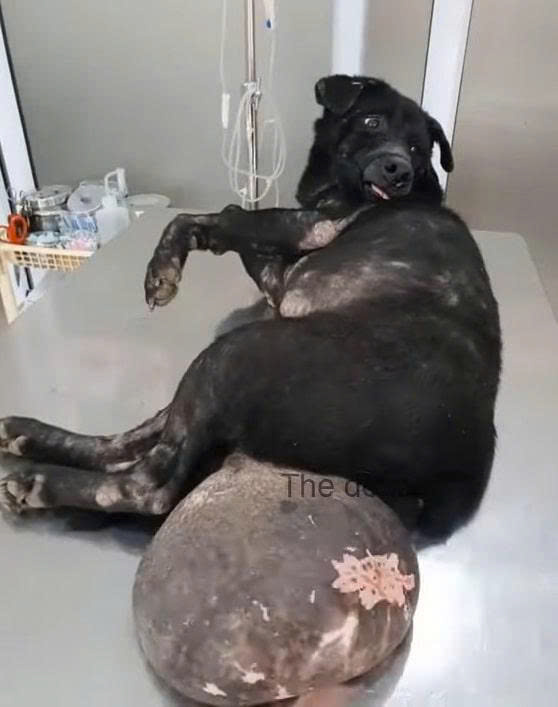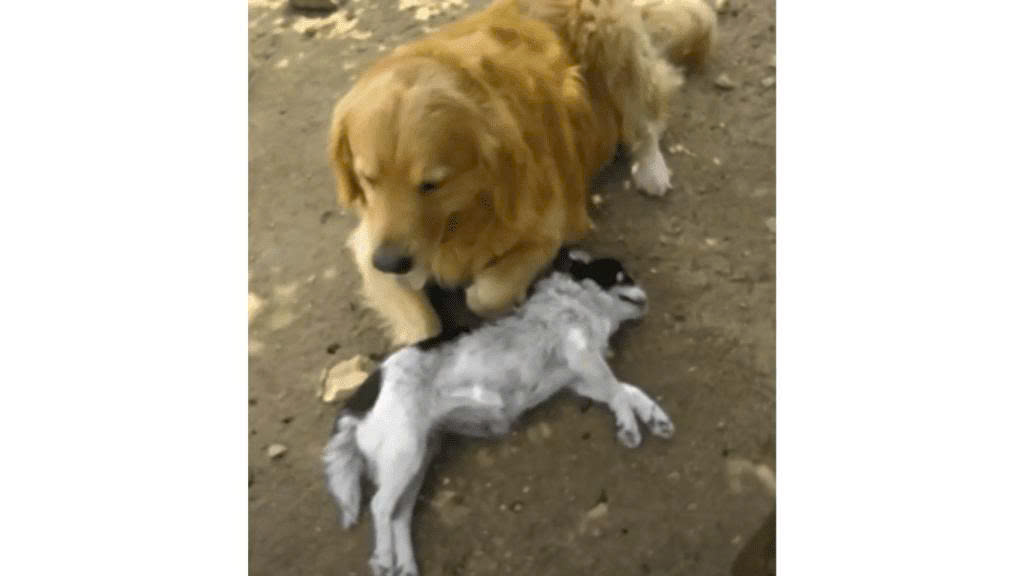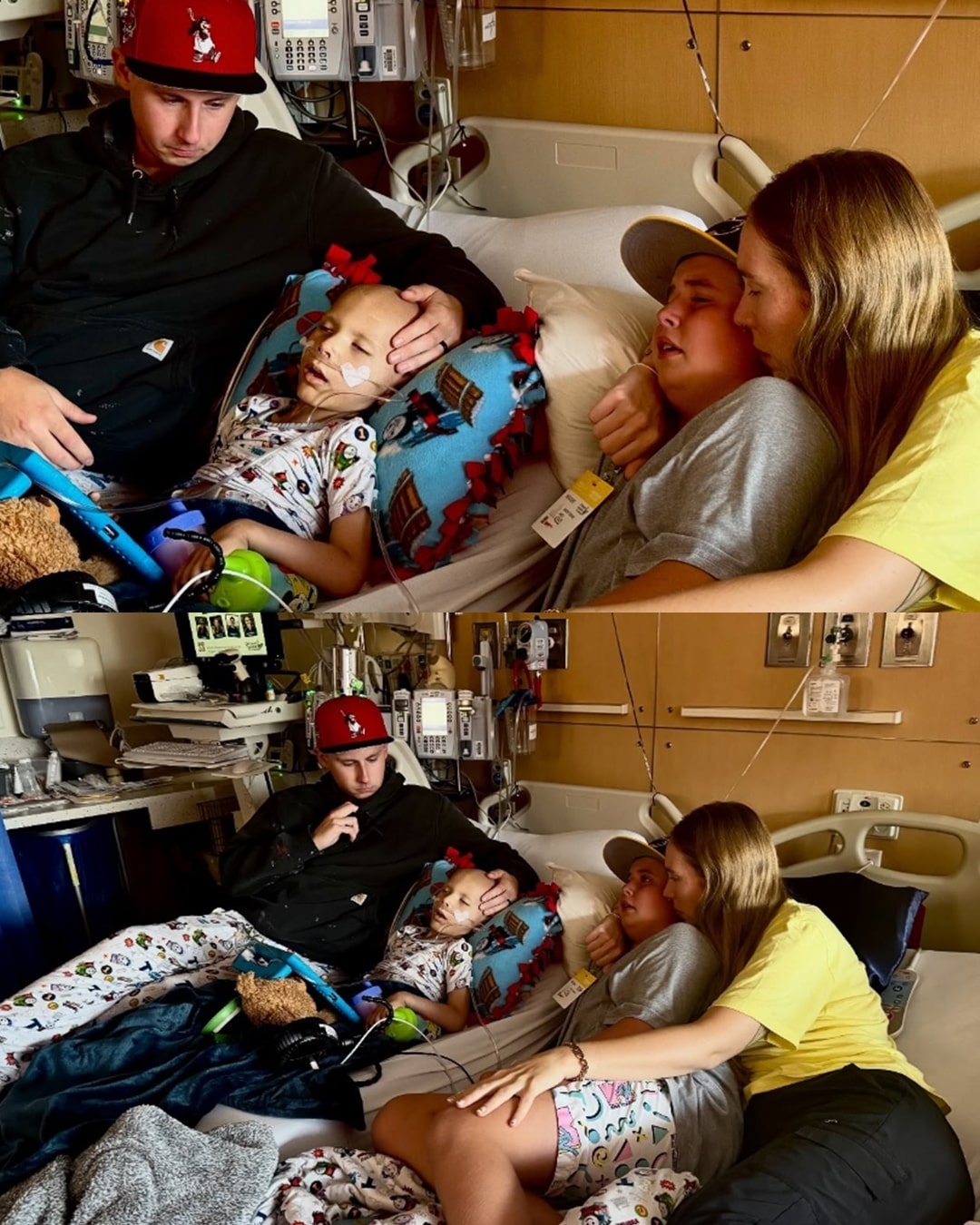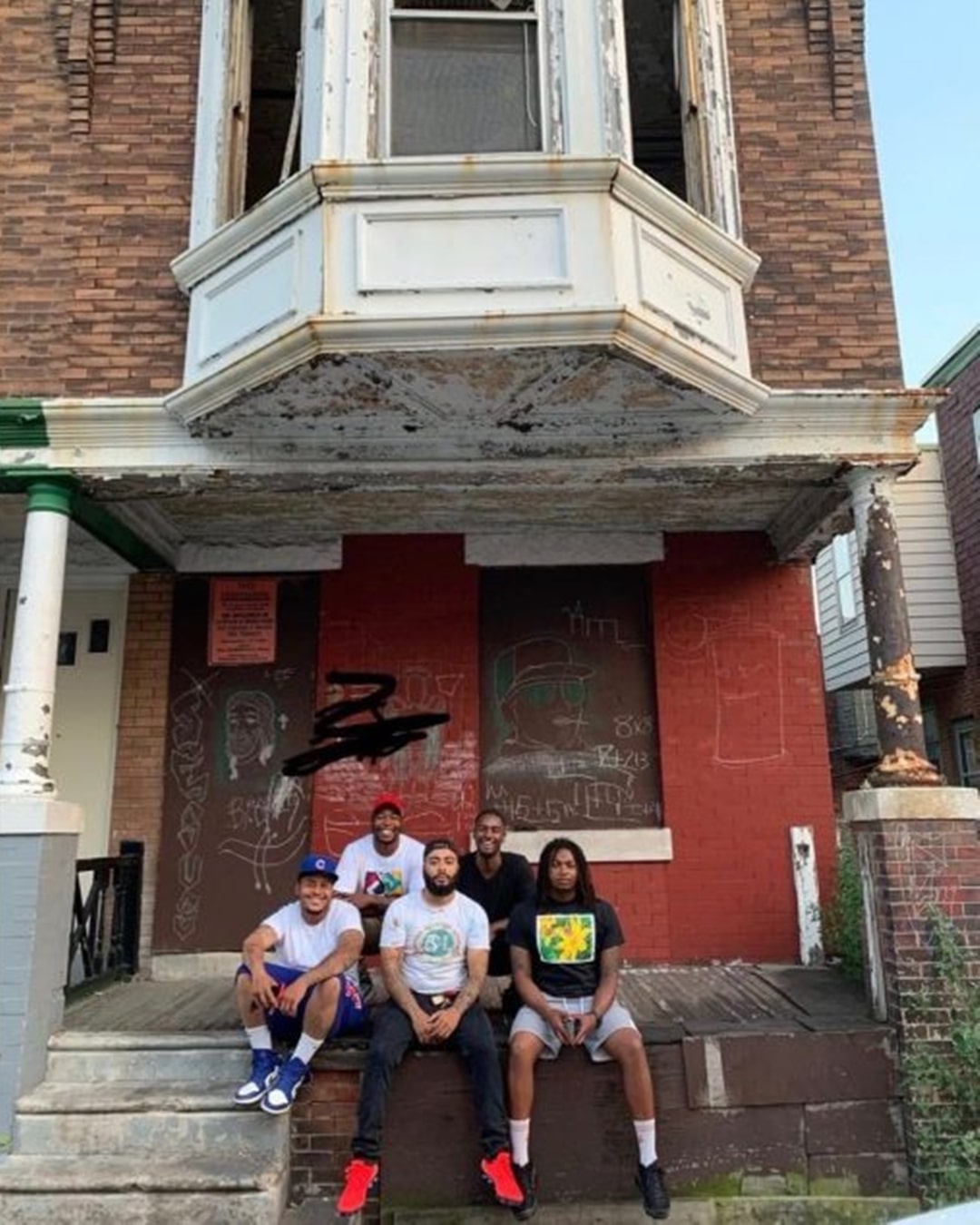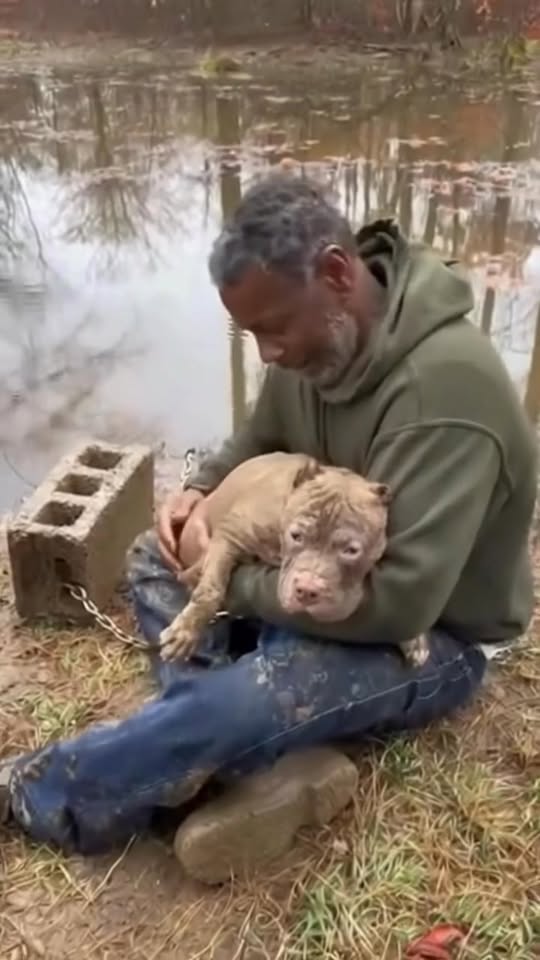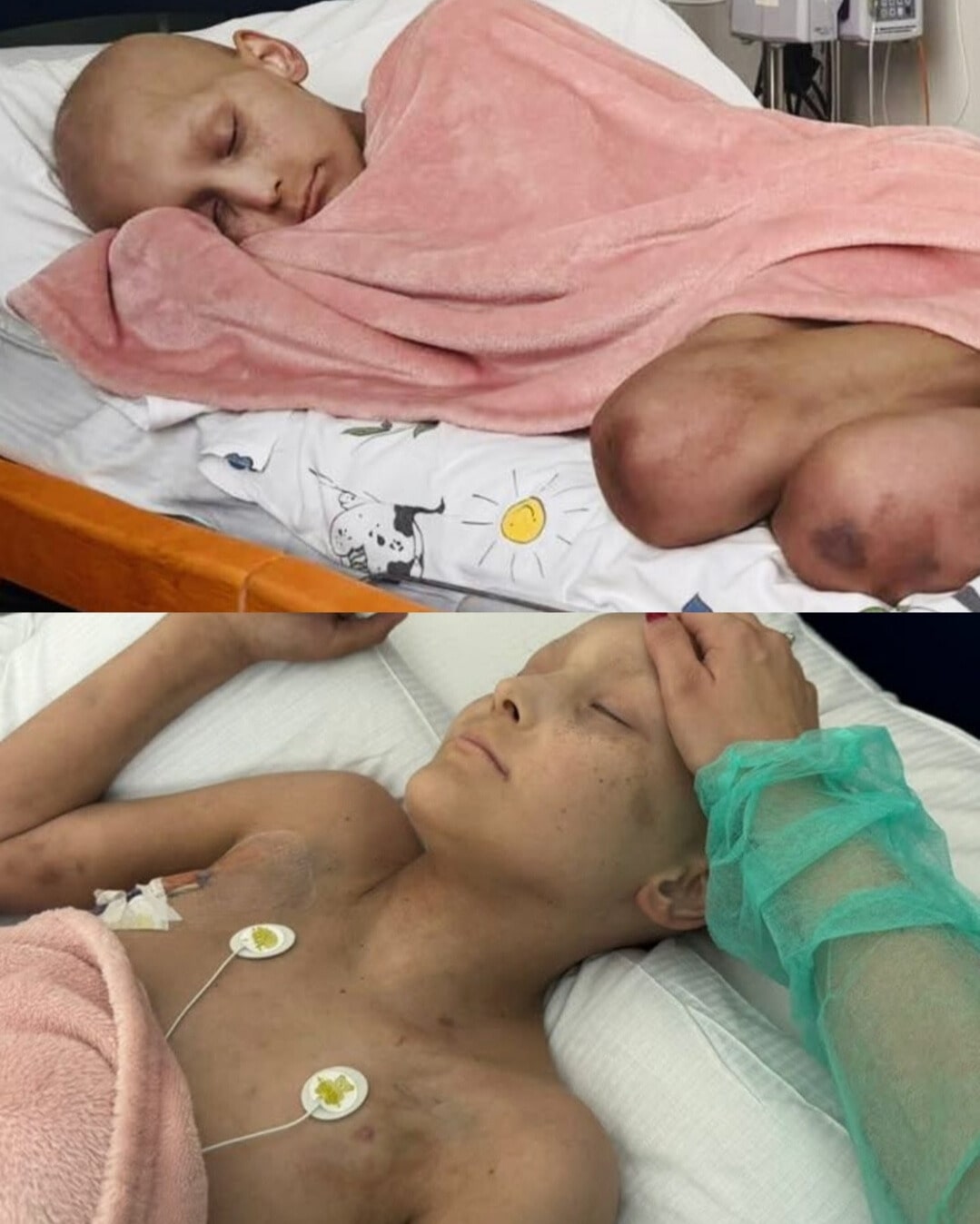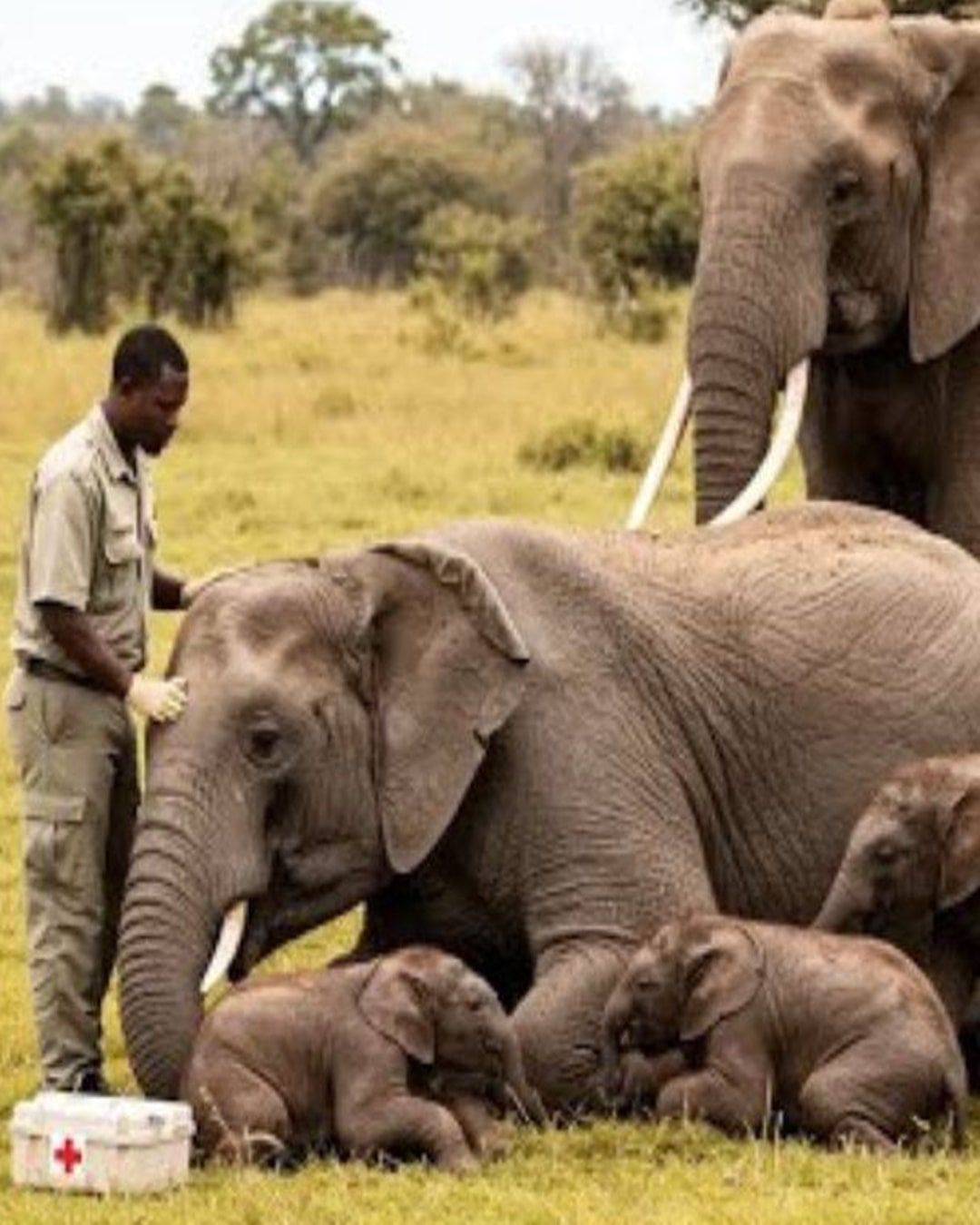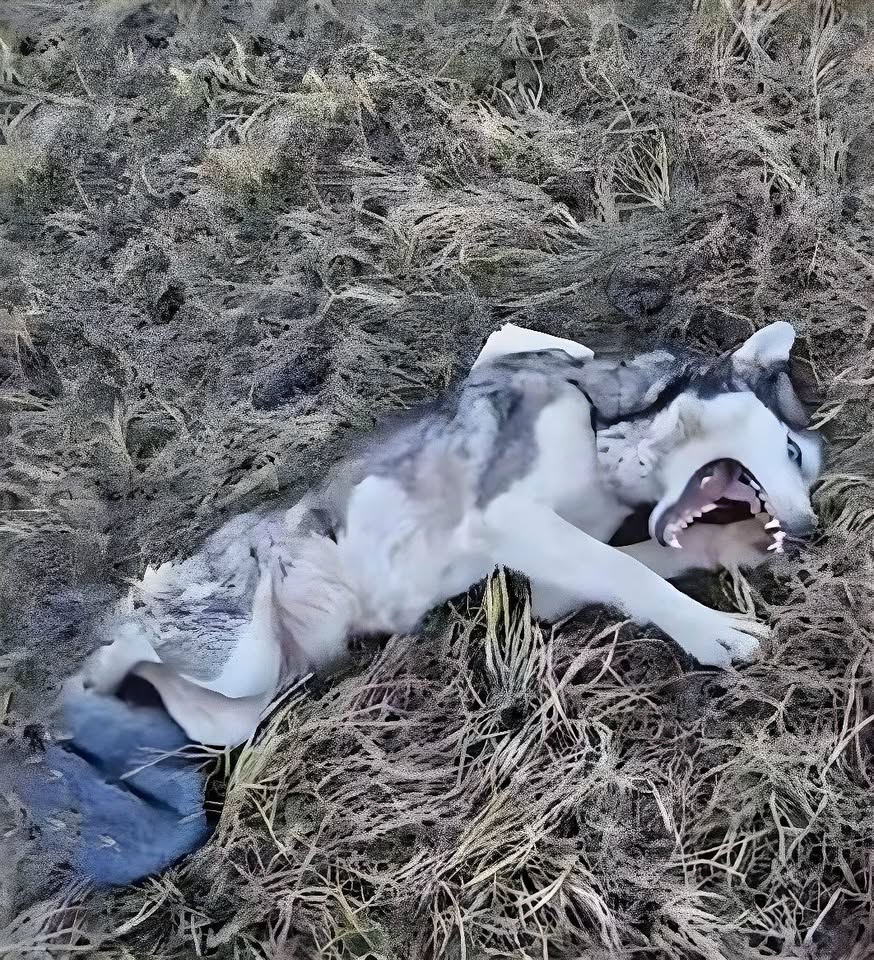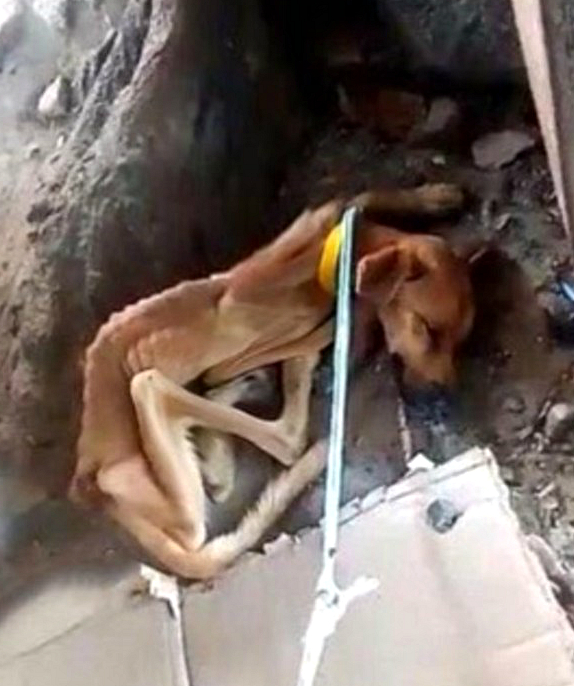Today, I was asked to do the unthinkable: sign a DNR for my five-year-old son.
Three words—Do Not Resuscitate—that no parent should ever have to face.
He’s already endured two rounds of radiation, with more planned. But the doctors warned: he may not make it home. They gently told us it might be time to stop. No more scans. No more hospital visits. No more treatments.
This isn’t giving up—it’s sparing him more pain. Still, how can a parent ever accept that? The sorrow is endless, the fear suffocating, the anger piercing. Life feels unrecognizable.
Yet even in the shadow of loss, there is love. Every smile, every touch, every breath he takes is sacred. Love is what keeps me standing, even as the ground collapses beneath me.
Today I signed that paper. Tonight, I will sit beside my boy, hold his hand, and remind him he is loved beyond measure. For as long as I have him, every second matters.
The pen felt impossibly heavy in my hand, a small piece of plastic carrying the weight of a universe of choices I never wanted to make. The paper was crisp, official, and utterly indifferent to the heart it was shattering. In the sterile quiet of the consultation room, the doctor’s words, though spoken with kindness, echoed like a final judgment. They spoke of compassion, of dignity, of sparing him a final, frantic battle that his small body could not win. Intellectually, I understood every syllable. My mind could process the logic of end-of-life care for children, the cruel mathematics of a terminal diagnosis. But my heart, the wild, primitive, parental heart that had beaten in time with his since before he was born, screamed a silent, guttural “no.” It is a parent’s instinct to protect, to fight, to stand between their child and any harm. How, then, do you reconcile that instinct with the devastating reality that the fight itself has become the source of harm? Signing a DNR for a child is an act that goes against every fiber of a parent’s being. It is the ultimate paradox: a declaration of love written in the language of surrender.
This journey has been a relentless education in a vocabulary no one ever wishes to learn: oncology, prognosis, palliative care. From the very first day, we were thrust into a world of beeping machines, hushed conversations in hallways, and the ever-present, antiseptic smell of hope mixed with fear. We learned to celebrate small victories—a good blood count, a day without nausea, a genuine, unforced smile. We became warriors, armoring ourselves with research, questions, and a fierce, desperate optimism. The world shrinks in these moments. Life becomes a series of appointments, treatments, and waiting rooms. The concerns of the outside world—mortgages, deadlines, traffic—fade into an irrelevant hum. The only thing that matters is the small hand in yours, the warmth of your child’s body nestled against you in a hospital bed. You tell yourself that you are fighting, and this narrative becomes your lifeline. You are doing everything you can.
But then comes the turning point. The moment when the doctors, with sorrow in their own eyes, tell you that the weapons you are using are now causing more damage than the enemy itself. The concept of “fighting” is forced to undergo a radical transformation. The battle is no longer against the disease, but for your child’s peace. The new fight is for moments of comfort, for laughter that isn’t punctuated by pain, for a day spent at home in his own bed instead of a sterile hospital room. This shift in perspective is perhaps the most painful part of the entire ordeal. It requires you to consciously lay down the sword you have been wielding with all your might. It feels like a betrayal of the promise you made to your child to always protect him. The guilt is a tidal wave, immense and suffocating. Yet, beneath it, a deeper, quieter truth emerges: the greatest act of protection, the most profound expression of parental love, is to shield your child from unnecessary suffering, even when it means accepting the unimaginable.
So now, we live in the sacred space of “for as long as we have him.” Time has warped. It is no longer a linear progression of days and weeks, but a collection of moments, each one precious and infinite. The sound of his breathing in the quiet of the night is a symphony. The faint pressure of his head on my shoulder is the most profound connection I have ever known. We have stopped planning for a future that will not come and have instead poured all our energy into the sanctity of the now. We read his favorite stories not just once, but five times in a row, because the joy in his eyes is all that matters. We watch his favorite cartoon, even though we’ve seen it a hundred times, because his laughter is the most beautiful sound in the world. This is not denial; it is a conscious choice to inhabit the love that remains, to build a fortress of warmth and tenderness around him that no amount of medical reality can breach.
The anger and the sorrow are still there, of course. They are constant companions, an undercurrent to every precious moment. The anger is a hot, searing rage at the sheer injustice of it all. Why him? Why any child? The sorrow is a deep, cold ocean that threatens to pull me under in quiet moments. It is the grief for the future I will never see: his first day of kindergarten, learning to ride a bike, his high school graduation. This anticipatory grief is a cruel tormentor, showing you ghosts of what should have been. But I have learned that love can coexist with these devastating emotions. Love does not erase the pain, but it gives you a reason to stand up in the morning. It is the anchor in the storm. It is the force that allows me to smile for him, to be strong for him, even when I am crumbling inside. My love for him is bigger than my fear of a world without him. It has to be. That is the non-negotiable contract of being his parent. The signature on that form was not an act of giving up. It was the final, heartbreaking fulfillment of my promise to love him beyond measure, a love that prioritizes his peace above my own desperate desire for more time.
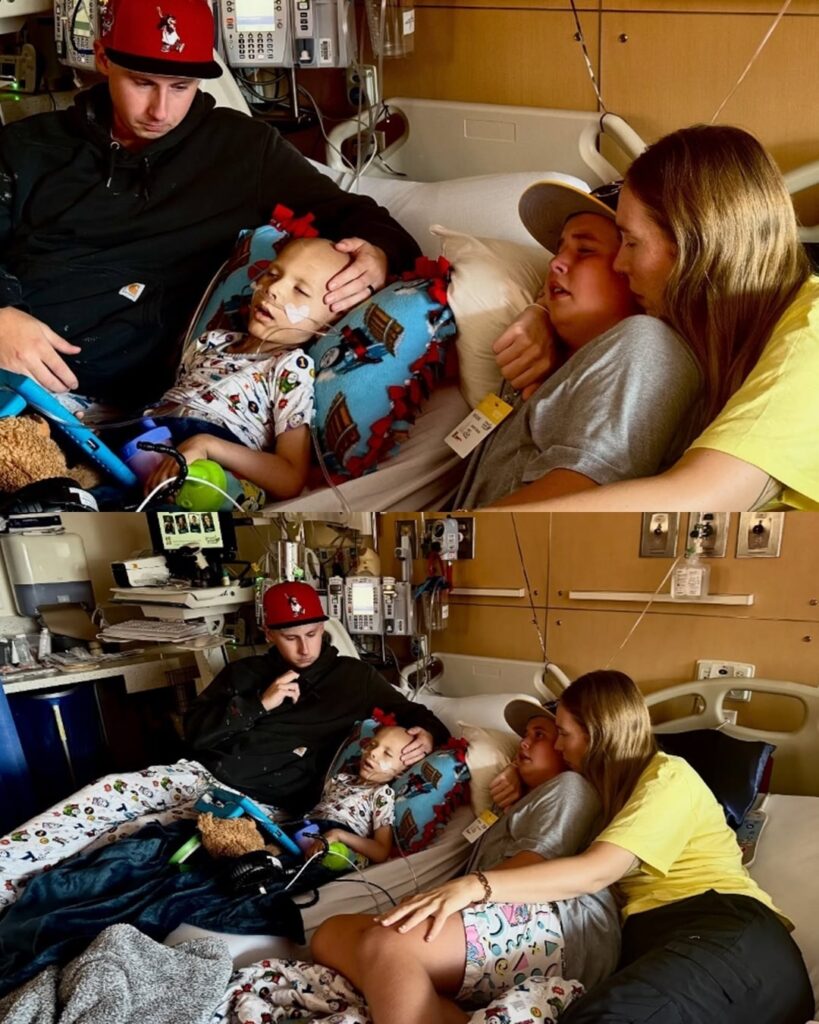
Today, I was asked to do the unthinkable: sign a DNR for my five-year-old son. Three words—Do Not Resuscitate—that no parent should ever have to face. He’s already endured two rounds of radiation, with more planned. But the doctors warned: he may not make it home. They gently told us it might be time to stop. No more scans. No more hospital visits. No more treatments. This isn’t giving up—it’s sparing him more pain. Still, how can a parent ever accept that? The sorrow is endless, the fear suffocating, the anger piercing. Life feels unrecognizable. Yet even in the shadow of loss, there is love. Every smile, every touch, every breath he takes is sacred. Love is what keeps me standing, even as the ground collapses beneath me. Today I signed that paper. Tonight, I will sit beside my boy, hold his hand, and remind him he is loved beyond measure. For as long as I have him, every second matters.
